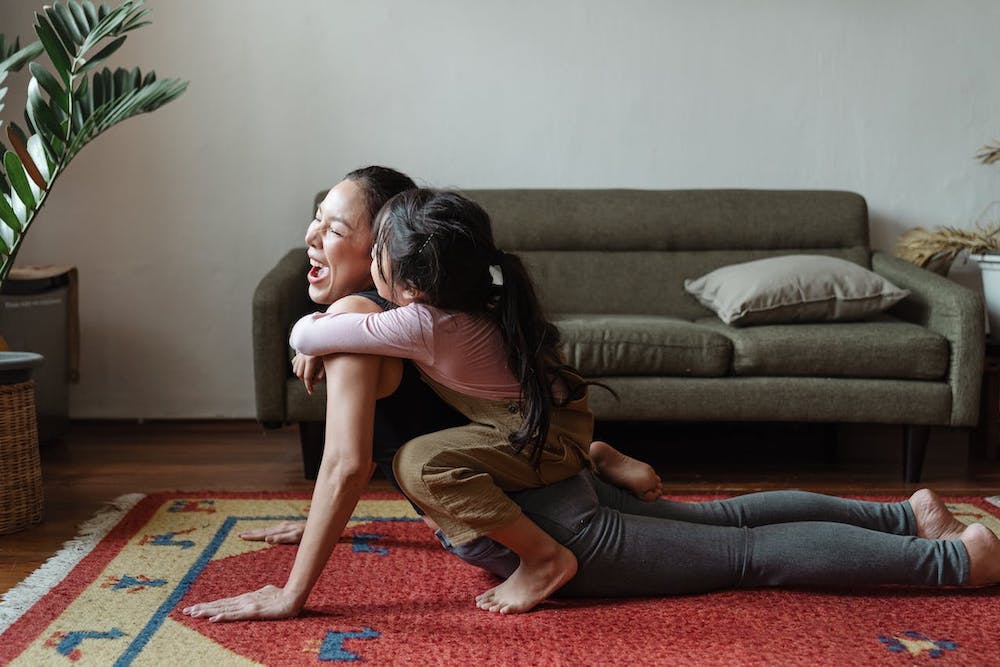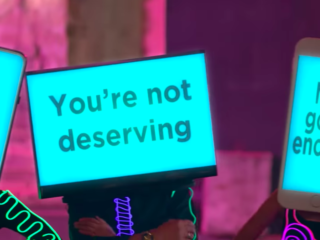There’s always this constant noise in my head that morphs into something different (but still noisy) every moment. Sometimes it’s voices, sometimes it’s this buzzing sound that doesn’t go away. At times it’s a series of flashbacks—memories, both good and bad. There are times when the noise gets too much, and I fall into this void I can’t even explain. I become helpless. Spiraling.
It’s probably stress. At least that’s what I tell myself. Doesn’t everyone go through that? Countless deliverables, never-ending deadlines, and lack of sleep? It may seem like the normal millennial routine that is under the workforce, but things can get pretty overwhelming, especially when you overdrive.
Over the past few months, with the help of countless self-help books and videos, I’ve developed small simple habits that have been helping me get into “the calm.” It took awhile for me to get used to doing them regularly—and while I admittedly stray at times, I still find my way back to them, and they’ve greatly helped in keeping my mind at ease.
Write things down
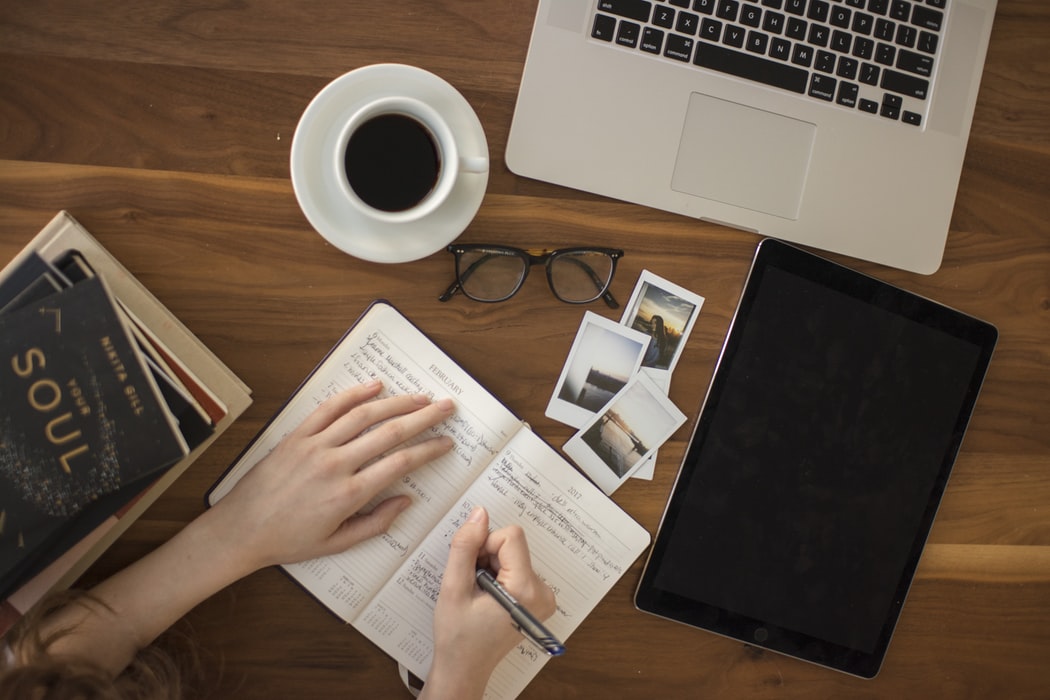
Journaling may seem like such a high school concept, but it’s one of my most calming and stress-relieving habits. It may seem like a task, having to write and recall what happens to you every day, but it doesn’t always have to be. Jotting down a few words at the end of the day, or even when you feel a pool of anxiety overflowing in your brain, is more helpful than you think.
According to Positive Psychology, journaling requires the application of the analytical, rational left side of the brain. And while your left hemisphere is occupied, your right hemisphere (the creative, touchy-feely side) is given the freedom to wander and play. Allowing your creativity to flourish and expand can be cathartic and make a big difference in your daily well-being.
There are many ways to go about journaling. In a working environment when I’m mostly too busy to actually “journal,” I would jot down three things that I’m grateful for that day. It makes me see things in a different light, especially on stressful occasions.
Stretch
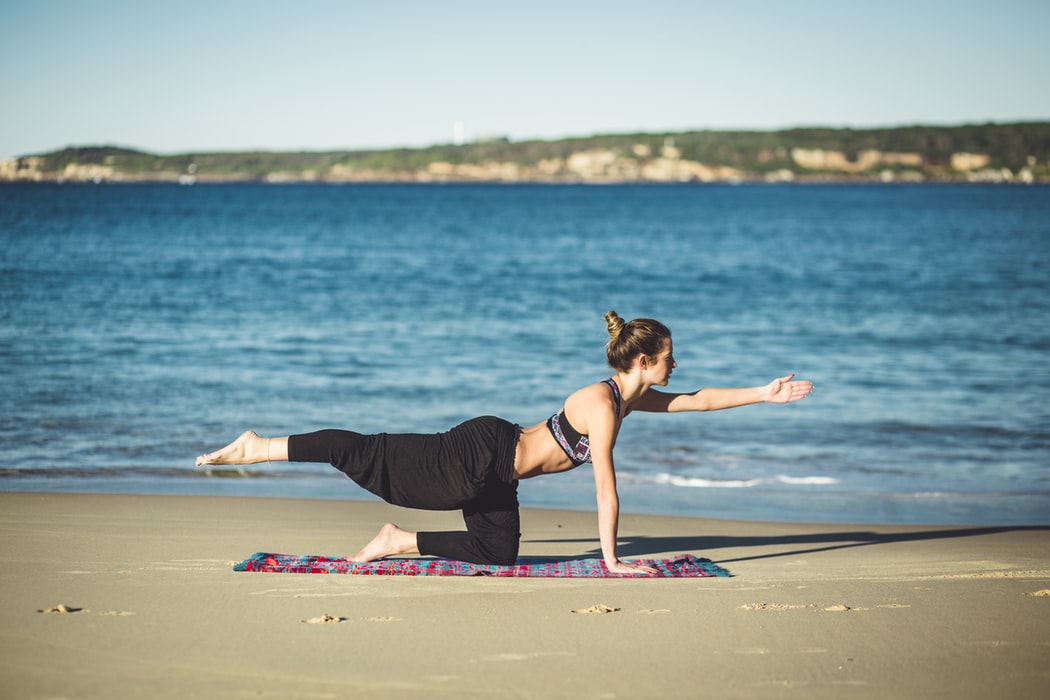
Stretching is a habit that I learned when I started joining theater workshops. I realized how much of an impact it has on our bodies and our brain. Do More says that understanding the links between mind and body is the first step in developing strategies to reduce the incidence of co-existing conditions and support those already living with mental illnesses and chronic physical conditions.
When you exercise and stretch, your body releases chemicals called endorphins. These endorphins interact with the receptors in your brain that reduce your perception of pain. Endorphins also trigger a positive feeling in the body. For example, the feeling that follows a run or workout is often described as “euphoric.” That feeling can be accompanied by a positive and energizing outlook in life.
For someone who does little to no exercise, stretching was my middle ground. I find time to allot five to 10 minutes of my morning to do basic stretches. It does a great job of calming my nerves and gives me time to focus on the day ahead.
Regulate social media
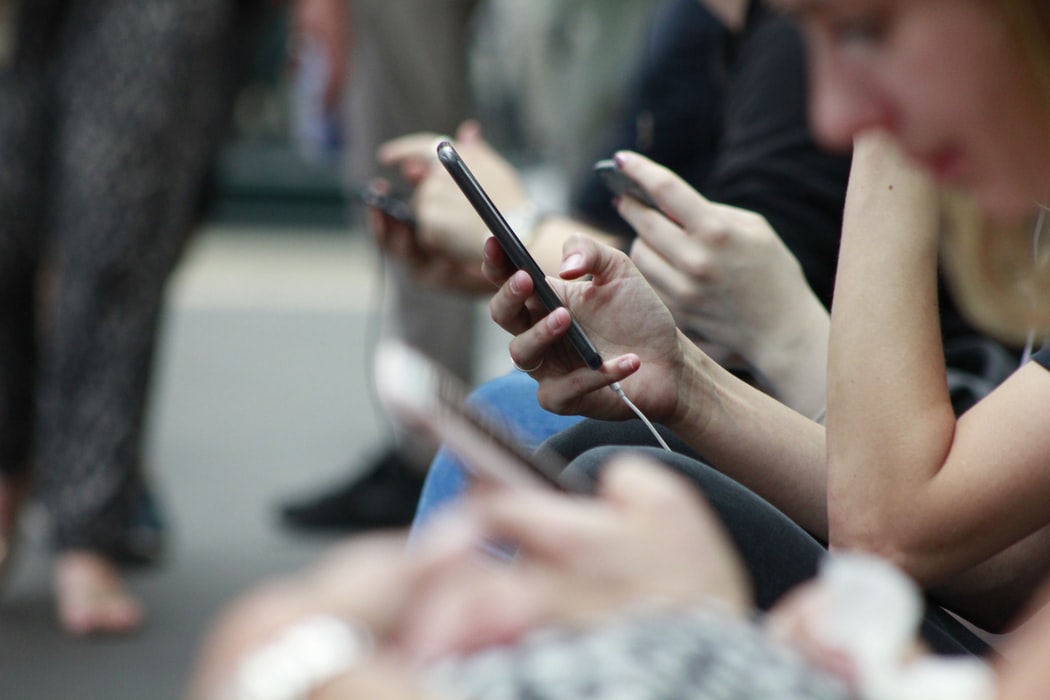
Social media is both a blessing and a curse. While it keeps you connected to your friends and loved ones despite the distance, it’s also a major source of anxiety and isolation. Our independence rests heavily on these media platforms and without it, we can barely stand on our own two feet. It also taps so many different aspects of the mind: self-esteem, memory, genuine connection, attention span, sleep, and the list goes on.
In March 2018, Independent reports that more than a third of Generation Z from a survey of 1,000 individuals said they were quitting social media for good. Forty-one percent said social media platforms make them feel anxious, sad or depressed. The amount of cyberbullying and negativity on all platforms can get too much. Social media also tends to display things with rose-colored lenses—beautiful photos and vlogs that provide unreasonable standards of living for people to follow.
The amount of stress that I’ve saved myself when I started regulating my social media visits increased immensely. I no longer check Twitter or Facebook first thing in the morning, or right before going to bed. There would be windows in the day when I would need to for work, and maybe an hour to indulge myself a little bit, but there would always be a limit. Turning off my notifications also helped reduce my stress greatly.
Take a pause

In a fast-paced work environment, pausing is often overlooked. There are just so many things that need to be done that we jump from one task to another without taking time to breathe and take a short recess. Even lunch breaks are dedicated to multitasking.
The power of taking pause is well researched according to Mindful. Not only does pausing promote relaxation. A break from noise and doing also refreshes and re-energizes you for hours. Taking time to just be still and quiet gives your nervous system a chance to regain balance.
Throughout the day I find myself taking a step back from my deliverables—five minutes tops—just to take deep breaths and calm the noise in my head. This is essential especially during stressful work days with a dozen deadlines or countless meetings. The pause helps me collect myself and recapture the focus that I need to finish my tasks. Think of it as a small meditation break within the day.
Mind your surroundings

Mindfulness starts with yourself and how you see the things around you. Start paying attention to your surroundings. The people you come across, the houses you walk past, the pile of laundry in the corner of your bedroom, or your colleague who didn’t seem to have lunch today. Notice the little things. You don’t necessarily have to react to every single one, but it reminds you that the world is moving with you, and that you’re not alone in things.
Photo by Ketut Subiyanto from Unsplash
For the latest in culture, fashion, beauty, and celebrities, subscribe to our weekly newsletter here
Follow Preen on Facebook, Instagram, Twitter, YouTube, and Viber
Related stories:
Preen Picks: This is how local celebrities take care of their mental health
These podcasts might help you with your anxiety
Notes on depression: How to help your loved ones
Women and mental health: Why you need to stop calling us psychos
How does a beauty routine help ease anxiety and depression?
